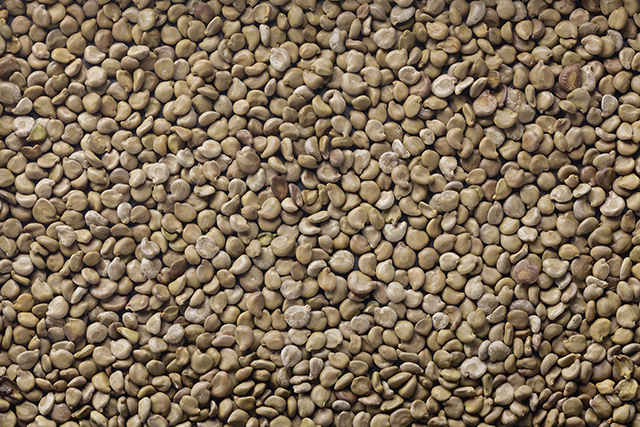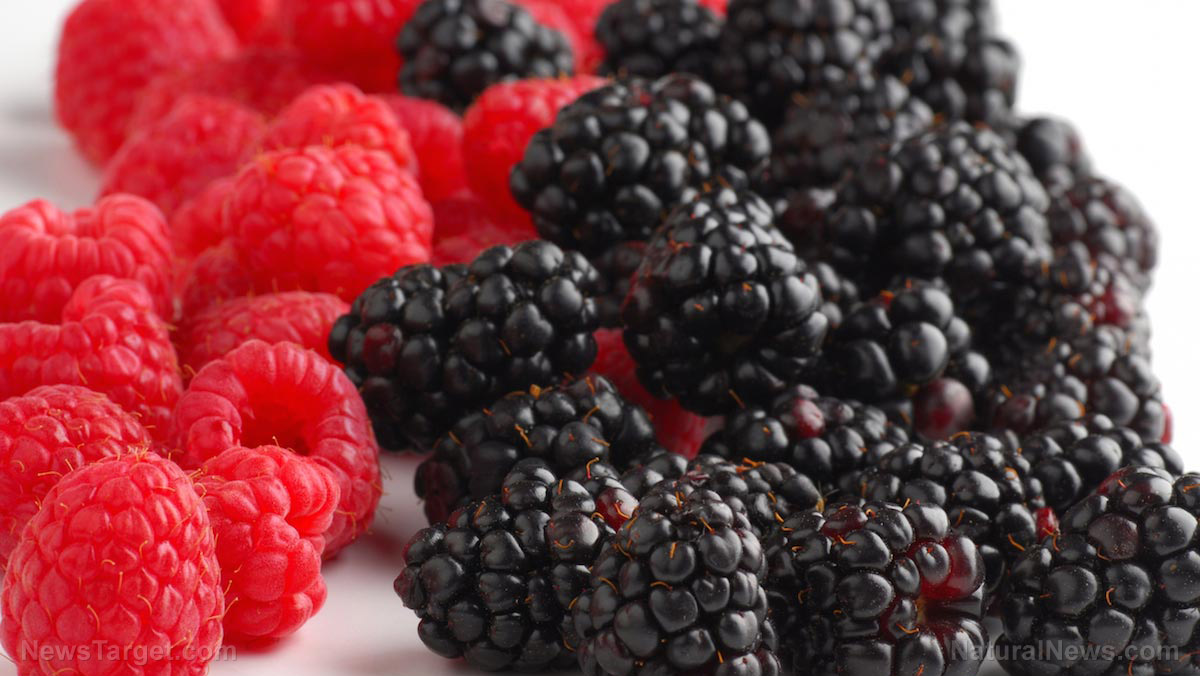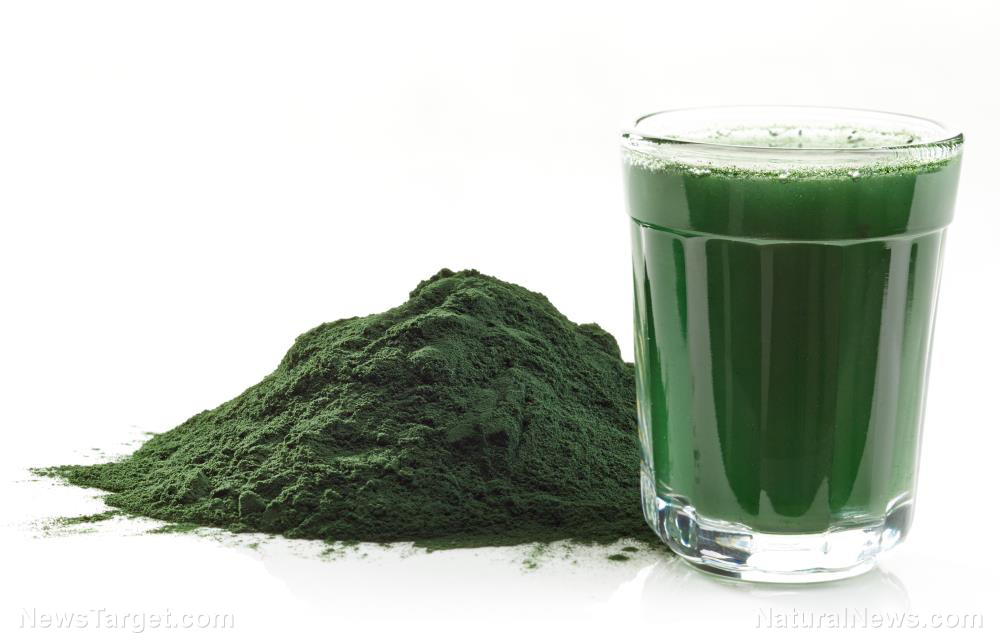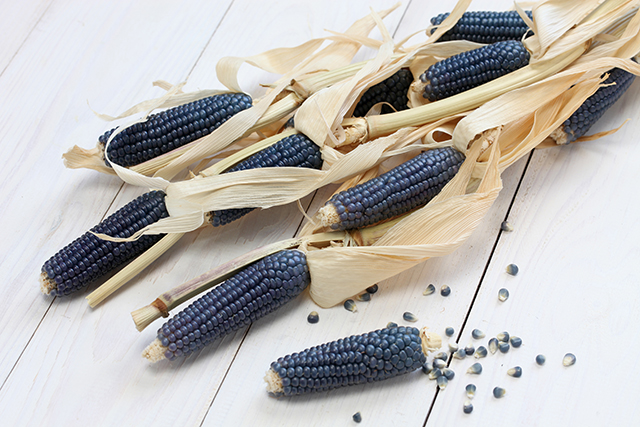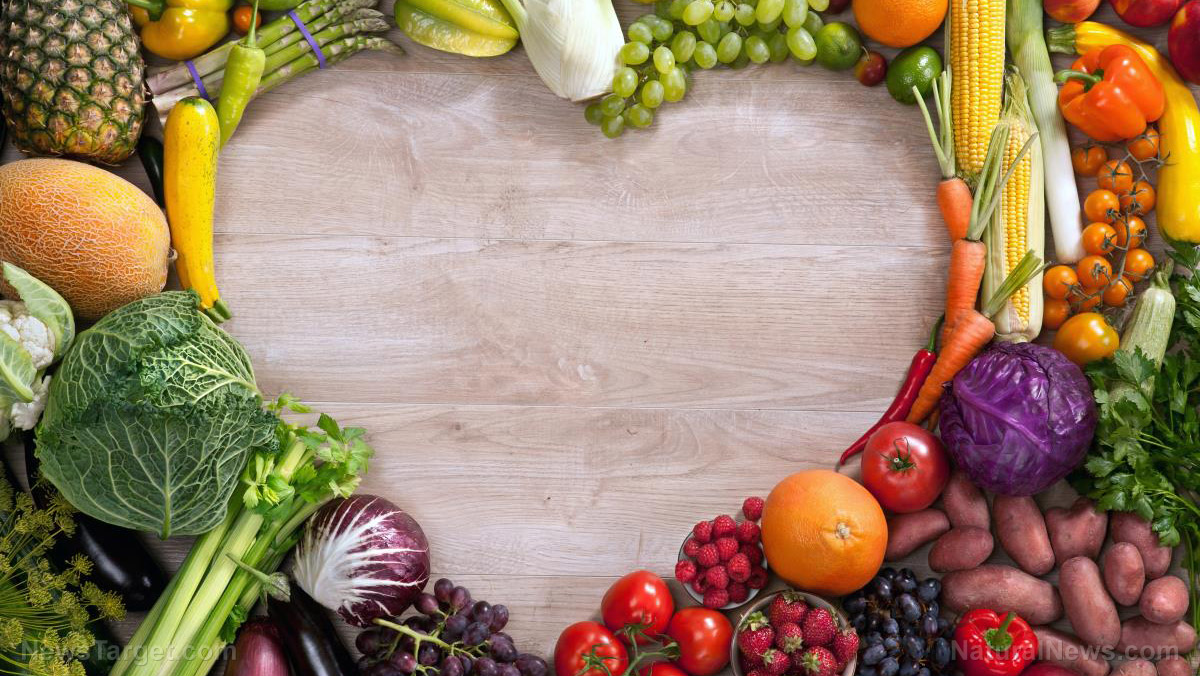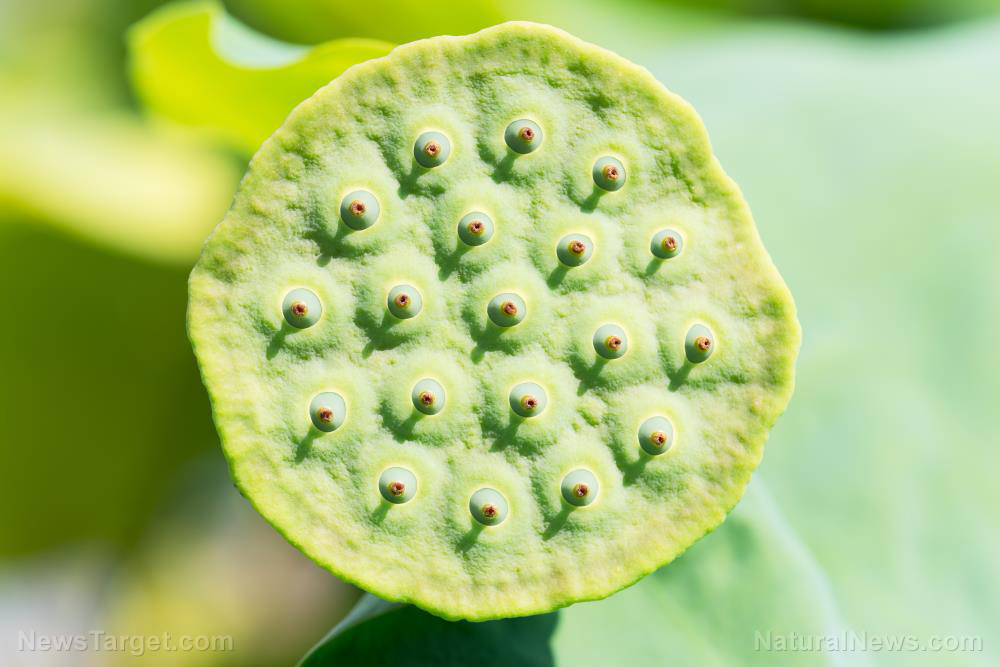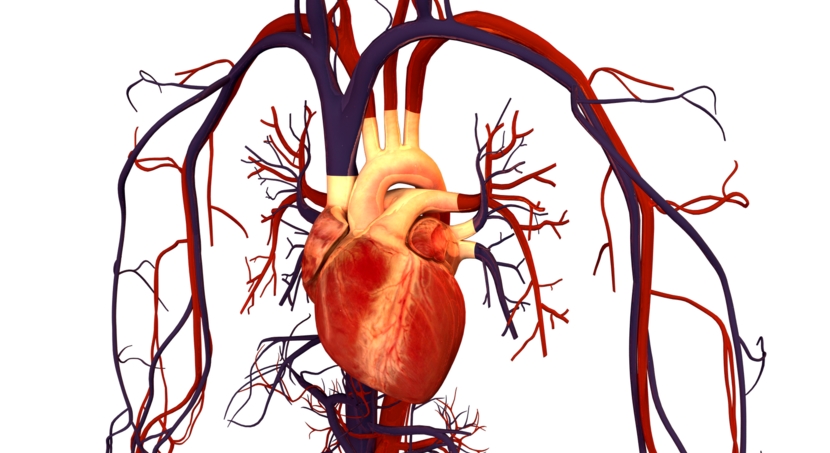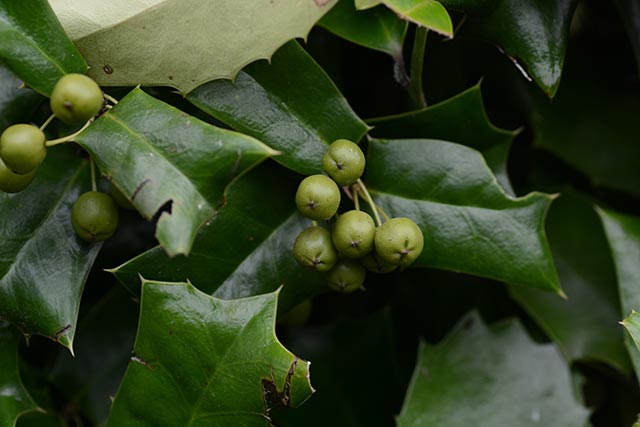Cardiovascular fitness may determine the health of the gut microbiome
11/27/2018 / By Edsel Cook

American researchers launched a pioneering study on the correlation between the state of the cardiovascular system and the population of good bacteria in the gut.
The San Francisco State University supported the study, which published its results in the International Journal of Sport Nutrition and Exercise Metabolism.
- The bacteria inside the gastrointestinal tract of an organism enjoy a symbiotic relationship with their host. In turn, animal studies have shown a beneficial connection between cardiovascular exercise and the composition of gut microbiota.
- The study group consisted of 20 male and 17 female volunteers. None of them took any form of antibiotics for the last 6 months.
- The cardiorespiratory fitness of each patient was represented by their maximal oxygen consumption. Meanwhile, their relative gut microbiota composition was determined through the number of Firmicutes and Bacteroidetes bacteria present. The relationships between these and other variables were evaluated.
- There was a striking correlation between the maximal oxygen consumption and the ratio of Firmicutes and Bacteroidetes bacteria. The former variable could determine ~22 percent of the variance in the relative gut bacteria of a participant.
- Gut bacteria play important roles in many natural functions of the body. The ability to alter their makeup could be leveraged to further improve human health.
Their findings led the researchers to conclude that the cardiovascular health of young adults could help shape the population of microbiota in the human gut.
You can read the complete research paper at this link.
For more articles about cardio and other forms of physical exercise, visit Naturopathy.news.
Journal Reference:
Durk RP, Castillo E, Márquez-Magaña L, Grosicki GJ, Bolter ND, Lee CM, Bagley JR. GUT MICROBIOTA COMPOSITION IS RELATED TO CARDIORESPIRATORY FITNESS IN HEALTHY YOUNG ADULTS. International Journal of Sport Nutrition and Exercise Metabolism. 2018:1–5. DOI: 10.1123/ijsnem.2018-0024.
Tagged Under: cardio health, cardiovascular fitness, cardiovascular health, gastrointestinal microbiota, gut bacteria diversity, gut health, gut microbiota, heart health, human gut microbiome, physical exercise




